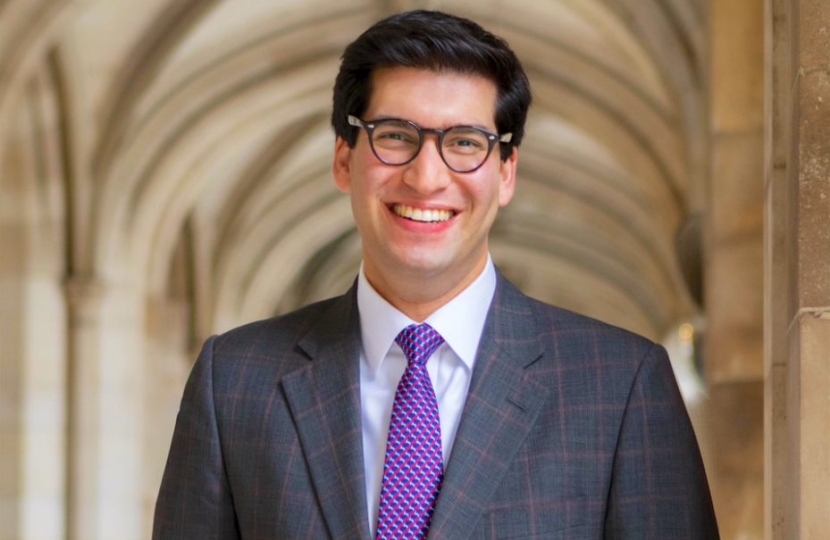
Protecting our environment
With summer around the corner, many of us will be spending a lot more time outdoors, enjoying the beautiful countryside that we are so lucky to have here in North East Hampshire. I really believe we live in a special part of our green and pleasant land, and that’s exactly how I want to keep it. Looking after our environment is one of the great challenges of the modern age, but it’s something to which we can all contribute personally, as well as through local and national government.
I take conservation very seriously, which is why I founded the All-Party Parliamentary Group on Endangered Species when I was first elected in 2015. But, closer to home, one of the more obvious ways we can protect our environment is to recycle as much as possible. This is an area where local councils can step in to make things easier for people but we all have a personal responsibility to act.
Glass is something which should never end up going to landfill, because it is so easy to recycle and there is a big market out there for recycled glass, so I was delighted when the council started offering large red bins for glass, for a small one-off fee, as an addition to the crates it provides for free. This is good news for everyone planning a barbecue, as it makes storing and getting rid of glass waste so much easier!
But it’s not just man-made products that we can recycle. The council have also introduced large brown bins for garden waste, again for a small one-off fee, which are much more convenient to use and much bigger than the garden waste sacks. When these are collected, their contents go to Little Bushywarren between Basingstoke and Alton, to be made into soil conditioner. This is used by the council in its flower beds across the area, but it’s also sold on in garden centres and elsewhere. Compared to putting garden waste in the black bin, this scheme makes a real difference in cutting down waste.
Of course, despite what you might hear, the work never stops in Westminster either. Last month, HM Government announced that plastic straws, drinks stirrers, and plastic-stemmed cotton buds would be banned in England from April 2020. There’s a need for plastic in some situations, but so often there are perfectly good – and more environmentally friendly – alternatives. If you’ve seen Blue Planet II, you’ll know the damage plastic is doing to ocean marine life, and the fact that a deep-sea dive recently found plastic at the bottom of the Mariana Trench – the deepest ocean trench on the planet – highlights the scale of the problem.
I recently received letters from a class of children at Dogmersfield Primary School who are concerned about plastic pollution. It was heartening to read of their passion for conserving the natural world, but I’m also eager to hear from you. What more do you think councils and governments can do? Are you prepared to pay more or change your lifestyle to do it? Email me to: [email protected] or come to one of my regular ‘Tell Ranil’ events. Details, as ever, are available on my website.

